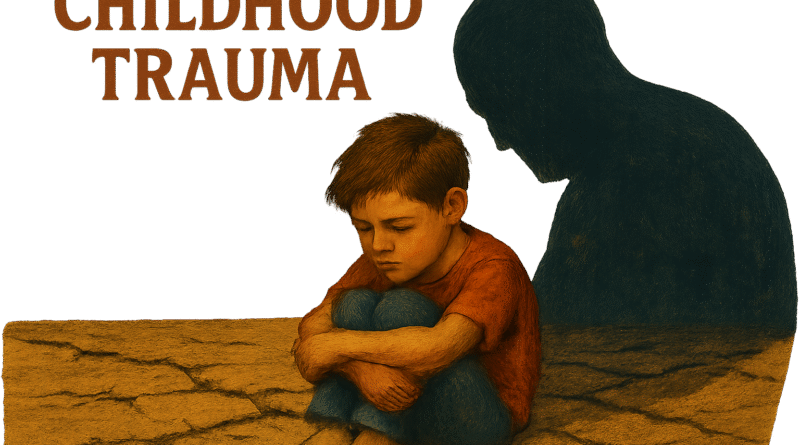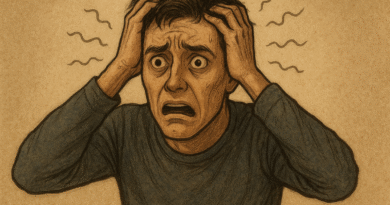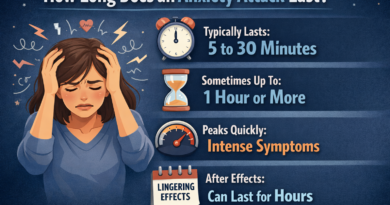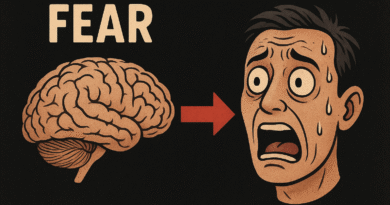Childhood Trauma: What makes you Procrastinate
Childhood Trauma: What makes you Procrastinate
I used to think I was just lazy
Uncompleted assignment, Deadline slipped. Important conversations were suspended indefinitely. I would sit there with full awareness of what needed to be done, unable to move, my heart filled with guilt. Shame followed closely, but it wasn’t until years in therapy that I heard it had changed my life.
This isn’t laziness; This is unsolved trauma
Invisible Chain Between Childhood Trauma and Procrastination
Childhood trauma does not show the way people accept. Sure, it can not be physical or sexual abuse, but sometimes it’s a slight cold, a parent, a chaotic home, or never feeling good enough for anyone
As children, we blot everything that we want. And when those early years are stained with shame, fear, or abandonment, it changes how to become adults.
One of the lower-level discussions is about Childhood trauma or Procrastination, the chronic kind of pain, not just a bit of waiting, but a long time, but we are actively avoiding tasks that might cause discomfort, perfectionism, or fear of failure.
For me, the fear was being wrong or failing. I’m growing up with the mistake of never being tolerant. Flak came fast and harsh. Growing up, the fear of failure was everywhere; everyone just wanted to be a winner, or their intolerance of failure would be the deepest fear in my heart that I was as worthless as I felt inside. So I avoided, delayed, or disconnected from myself.
The Silent Hand Trauma Show With Time
I never noticed it the first time. The delays, the hesitation. The constant mental struggle to send an email, make a simple call, or even leave the house for years, but the truth was more silent, more secret: trauma had wrapped its fingers around my decision-making and quietly slowed me down. I think trauma could be shown to have to be loud and obvious, like that panic attack or flashback, but mine was shown to be quiet in the moment I froze instead of acting
I often turned distracted: Scrolling endlessly, watching YouTube, or doing anything other than the thing that mattered most, but deep down, I don’t want to avoid the tasks; I avoid the emotional pain that comes because I was not ready to face the discomfort, so I ran from it in disguise.
Procrastination isn’t the Problem-it’s symptoms
People love to offer surface-level solutions. Just break the tasks into chunks or use a timer, but the tricks have never worked for me. Why? because procrastination wasn’t my root problem. Childhood trauma was.
It was not laziness or a lack of willpower. It was the emotional weight I carried into adulthood that wasn’t something a productivity app could fix. I needed healing. I needed to go back to the core of memories and unravel the tight knots that had shaped my beliefs. It was the therapy that finally gave the name to what I was feeling: I was lazy. I was still the child who had been told her best was not enough.
Healing Self-Awareness and Medication
The journey from healing childhood trauma isn’t linear, but for me, it included therapy, which was a powerful first step. Through trauma-informed cognitive behavioral therapy (CBT) and EMDR (Eye Movement Desensitization and Reprocessing), I began to reprocess those early experiences.
For me, healing is the self-awareness that finally notices the patterns I kept repeating. The late-night overthinking. I had spent years feeling broken, not realizing what my mind was doing, and I also struggle with insomnia because of my overthinking, which makes it hard to sleep.
Then my doctor prescribed me Ambien
Ambien: It is a medication that is used to treat insomnia, and it is a short-term medication that helps me finally get some rest; after many years, I was falling asleep without overthinking. That sleep gives me the clarity of real healing.
One day, when anxiety was flooding, I consulted with my doctor, and they prescribed me Xanax and gave me a full description of its side effects and benefits. This is a short-term medication used after I took the first dose of xanax, which reduced my anxiety within 15 to 30 minutes, or it creates the space to think and clarity
Both medications are tools, not magic. They don’t erase my past, but they can manage my parents. I did the deep emotional work.
Herbal Remedies That Help to Heal Me
I used medication when I needed to, but I also explored herbal remedies. They didn’t mask many symptoms that helped me naturally recover from my childhood trauma. I began to reconnect with the body ignored for many years.
Passion Flower tea: This tea helped me sleep sometimes, making it easier to skip Ambien on lighter nights and helping me fall asleep well without overthinking.
Gentle structure and Routine: Trauma rid me of fear of schedules. So I started following a soft routine of a morning walk and writing my thoughts before sleeping, and I do not use my phone after 9 p.m.
Trauma-informed therapy: This wasn’t just a trauma; it was a revolution. Learning about how to cope with my Childhood trauma with someone who didn’t blame gave me the courage to forgive myself
Final thoughts: You’re not alone
If this resonates with you. You are not broken. You’re responding exactly how someone with unhealed childhood trauma would respond. The road may be hard, but healing is possible
I want to tell you to start. I. I ask you to start with love. Understand yourself. Start forgiving yourself. Started to understand that procrastination is part of your story—but not the ending. Believe in yourself and love yourself; you can overcome your childhood trauma




